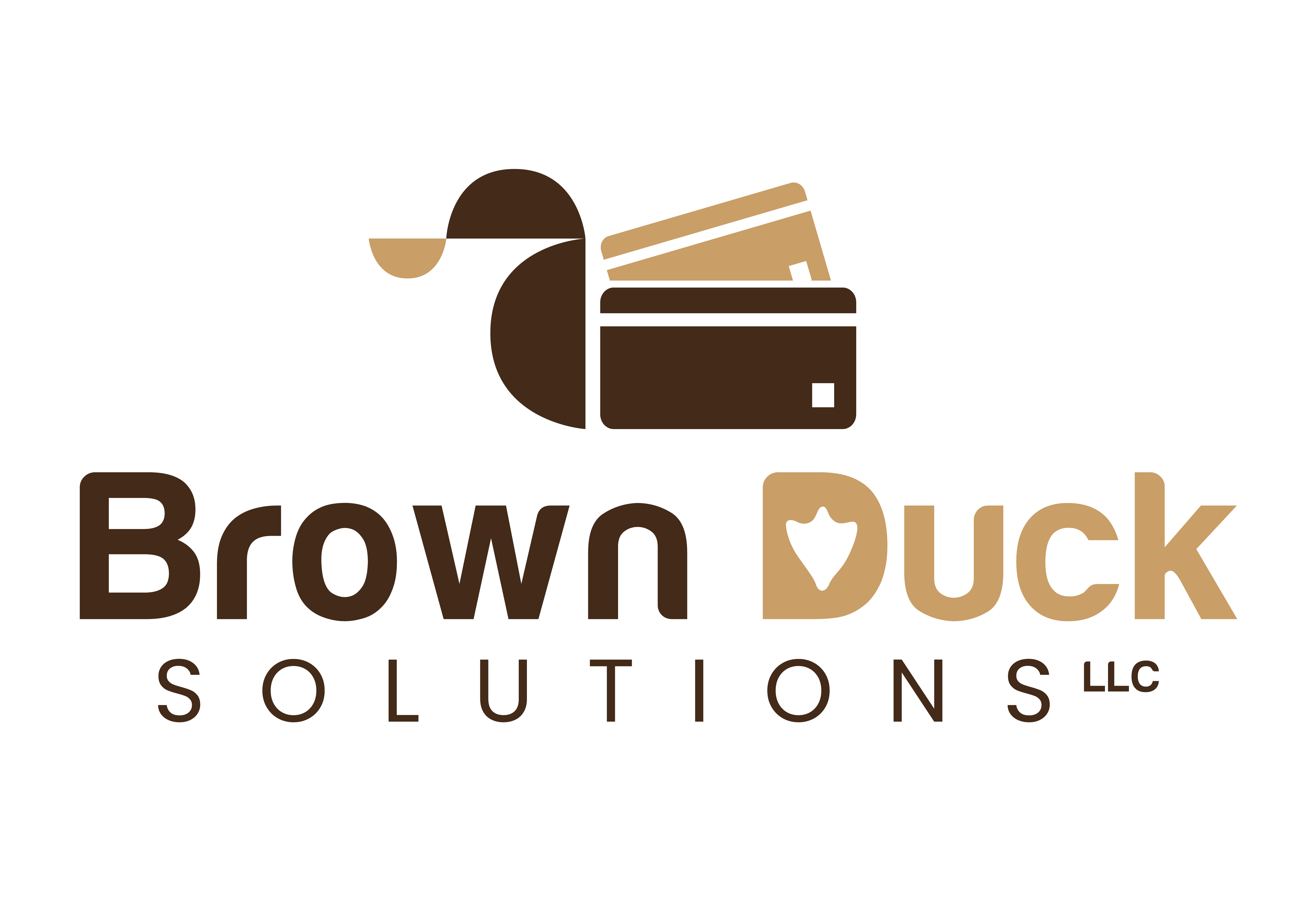top of page

FAQ
Have Questions?
Frequently asked questions
General
Setting up FAQs
Strong data security practices can help lower fees. Validating and maintaining your PCI Compliance, accepting EMV chip cards with the right technology, whenever possible and using payment processing best practices can all help avoid transaction downgrades that end up costing you more. You can also prioritize accepting debit cards when possible and limit card not present transactions in a physical location as well.
A cash discount is simply offering a discount to customers who pay with cash instead of a credit card.
It’s critical to make your customers aware of the offer by posting signs at your store’s entrance, inside your store, and at the register that clearly states your policy. Not only does the signage inform consumers, but the signs are also required by law.
Meanwhile, a surcharge, also called zero fee processing, is posting cash prices and charging an additional fee for customers who pay with a credit card. Visa, MasterCard, Discover, and American Express allow surcharging, but each has surcharging rules that you need to follow. To add surcharges without violating your contract with the card brand, you’ll need to get the card company’s permission first.
According to Visa, surcharging is currently permitted in Australia, Mexico, and New Zealand and on certain credit card transactions in the United States. Surcharging isn’t allowed everywhere in the United States. Currently, there are laws limiting surcharging in several states, including Colorado, Connecticut, Kansas, Maine, Massachusetts, Oklahoma, and Texas.
Surcharges are typically assessed as a percentage of the sale and can only be applied to credit card transactions and not debit purchases. Surcharges are capped at your discount rate—a maximum of 4% of the pre-sales tax amount—and announced with signage posted at least 30 days in advance. Surcharging can be done with online purchases as well as in-store sales, and you must apply the surcharge to all your credit card transactions.
bottom of page
